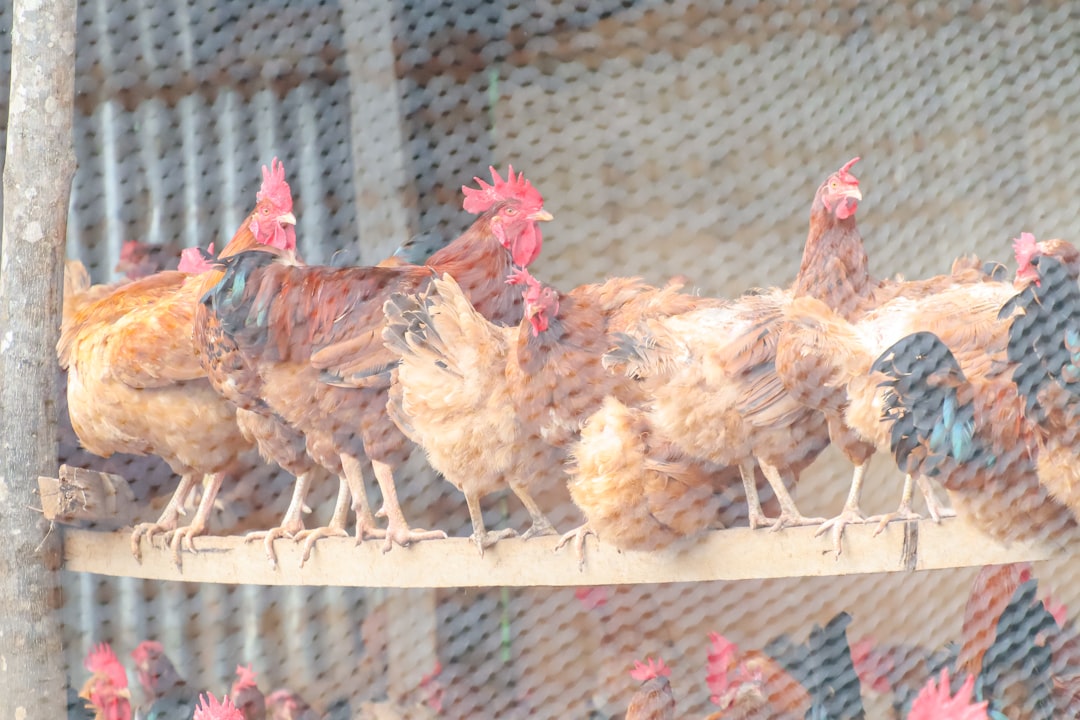Small-scale and backyard poultry farming play a vital role in enhancing food security and sustainability in communities worldwide. These farming systems are particularly beneficial in rural and resource-poor areas, providing a reliable source of protein-rich food and income for households. Here’s a comprehensive overview of how small-scale and backyard poultry farming contribute to global food security and sustainability.
1. Benefits of Small-Scale Poultry Farming
-
Food Security: Small-scale poultry farming helps diversify household diets by providing a consistent supply of eggs and meat, essential for addressing protein malnutrition in vulnerable populations such as children and pregnant women.
-
Income Generation: Surplus eggs and meat can be sold locally, generating income for smallholder farmers and contributing to economic development.
-
Environmental Sustainability: Poultry manure serves as a natural fertilizer, enhancing soil fertility and supporting mixed farming practices.
2. Characteristics of Backyard Poultry Farming
-
Low Initial Investment: Backyard poultry farming requires minimal capital, making it accessible to resource-poor households. Birds are often fed with household scraps and agricultural by-products, reducing feed costs.
-
Indigenous Breeds: The use of local breeds that are well-adapted to the environment reduces the need for expensive feed and veterinary care, enhancing sustainability.
-
Organic Products: Birds raised in backyard systems are often considered organic due to their natural diet and minimal use of antibiotics, appealing to consumers seeking healthier options.
3. Empowerment and Community Impact
-
Women Empowerment: Backyard poultry farming is frequently managed by women, providing them with a sense of ownership and income, which contributes to their empowerment.
-
Community Development: Small-scale poultry farming supports local economies by creating employment opportunities and improving access to nutritious food, thereby enhancing overall community well-being.
4. Challenges and Opportunities
-
Challenges: Small-scale producers face challenges such as limited access to markets, inadequate veterinary services, and disease outbreaks. Improving these areas can significantly enhance productivity and income.
-
Opportunities: The introduction of improved germplasm and better management practices can increase productivity while maintaining the benefits of indigenous breeds. Collaboration with local communities and support from international organizations can help address existing constraints.
Conclusion
Small-scale and backyard poultry farming are crucial for enhancing food security and sustainability in communities globally. By providing a reliable source of protein, generating income, and promoting environmental sustainability, these systems play a vital role in supporting rural livelihoods. Addressing the challenges faced by small-scale producers through improved technologies and community engagement will be essential for maximizing the potential of these farming systems and contributing to global food security and sustainable development.
Citations:
- https://www.srpublication.com/backyard-poultry-farming-a-way-to-empower-farmers/
- https://www.fao.org/family-farming/detail/en/c/273616/
- https://agriculture.institute/poultry-housing-and-management/comparing-backyard-and-free-range-poultry/
- https://www.echocommunity.org/en/resources/31ae7d0d-db6f-40da-b303-11600e852022
- https://actascientific.com/ASVS/pdf/ASVS-03-0121.pdf
- https://poultrynews.africa/index.php/2024/02/14/poultry-farming-in-developing-nations-to-promote-food-security-and-economic-development-in-africa/
- http://www.ijah.in/upload/snippet/358_73.pdf
- https://asfirj.org/content/?sid=a92fd02b19aeaf5d7bd3
- https://www.frontiersin.org/journals/sustainable-food-systems/articles/10.3389/fsufs.2022.962268/full
- https://openknowledge.fao.org/server/api/core/bitstreams/73edfce9-c9a1-4814-b907-d86917967ed3/content

Comments
No comments yet. Be the first to comment!
You must be logged in to comment. Login